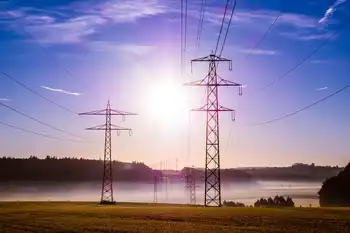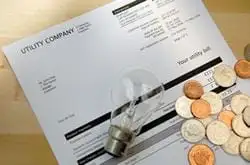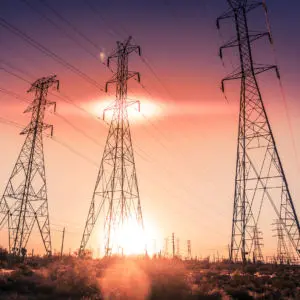Alberta wind power surpasses coal as AESO reports record renewable energy feeding the grid, with natural gas conversions, solar growth, energy storage, and decarbonization momentum lowering carbon intensity across Alberta's electricity system.
Key Points
AESO data shows wind surpassing coal in Alberta, driven by coal retirements, gas conversions, and growing renewables.
✅ AESO reports wind output above coal several times this week
✅ Coal units retire or convert to natural gas, boosting renewables
✅ Carbon intensity falls; storage and solar improve grid reliability
Marking a significant shift in Alberta energy history, wind generation trends provided more power to the province's energy grid than coal several times this week.
According to data from the Alberta Energy System Operator (AESO) released this week, wind generation units contributed more energy to the grid than coal at times for several days. On Friday afternoon, wind farms contributed more than 1,700 megawatts of power to the grid, compared to around 1,260 megawatts from coal stations.
"The grid is going through a period of transformative change when we look at the generation fleet, specifically as it relates to the coal assets in the province," Mike Deising, AESO spokesperson, told CTV News in an interview.
The shift in electricity generation comes as more coal plants come offline in Alberta, or transition to cleaner energy through natural gas generation, including the last of TransAlta's units at the Keephills Plant west of Edmonton.
Only three coal generation stations remain online in the province, at the Genesee plant southwest of Edmonton, as the coal phase-out timeline advances. Less available coal power, means renewable energy like wind and solar make up a greater portion of the grid.
EVOLUTION OF THE GRID
"Our grid is changing, and it's evolving," Deising said, adding that more units have converted to natural gas and companies are making significant investments into solar and wind energy.
For energy analyst Kevin Birn with IHS Markit, that trend is only going to continue.
"What we've seen for the last 24 to 36 months is a dramatic acceleration in ambition, policy, and projects globally around cleaner forms of energy or lower carbon forms of energy," Birn said.
Birn, who is also chief analyst of Canadian Oil Markets, added that not only has the public appetite for cleaner energy helped fuel the shift, but technological advancements have made renewables like wind and solar more cost-efficient.
"Alberta was traditionally heavily coal-reliant," he said. "(Now) western Canada has quite a diverse energy base."
LESS CARBON-INTENSIVE
According to Birn, the shift in energy production marks a significant reduction in carbon emissions as Alberta progresses toward its last coal plant closure milestone.
Ten years ago, IHS Markit estimates that Alberta's grid contributed about 900 kilograms of carbon dioxide equivalent per megawatt-hour of energy generation.
"That (figure is) really representing the dominance and role of coal in that grid," Birn said.
Current estimates show that figure is closer to 600 kilograms of CO2 equivalent.
"That means the power you and I are using is less carbon-intensive," Birn said, adding that figure will continue to fall over the next couple of years.
RENEWABLES HERE TO STAY
While many debate whether Alberta's energy is getting clean enough fast enough, Birn believes change is coming.
"It's been a half-decade of incredible price volatility in the oil market which had really dominated this sector and region," the analyst said.
"When I think of the future, I see the power sector building on large-scale renewables, which means decarbonization, and that provides an opportunity for those tech companies looking for clean energy places to land facilities."
Coal and natural gas are considered baseline assets by the AESO, where generation capacity does not shift dramatically, though some utilities report declining coal returns in other markets.
"Wind is a variable resource. It will generate when the wind is blowing, and it obviously won't when the wind is not," Deising said. "Wind and solar can ramp quickly, but they can drop off quite quickly, and we have to be prepared.
"We factor that into our daily planning and assessments," he added. "We follow those trends and know where the renewables are going to show up on the system, how many renewables are going to show up."
Deising says one wind plant in Alberta currently has an energy storage capacity to preserve renewably generated electricity during summer demand records and peak hours as needed. As the technology becomes more affordable, he expects more plants to follow suit.
"As a system operator, our job is to make sure as (the grid) is evolving we can continue to provide reliable power to Albertans at every moment every day," Deising said. "We just have to watch the system more carefully."
Related News












